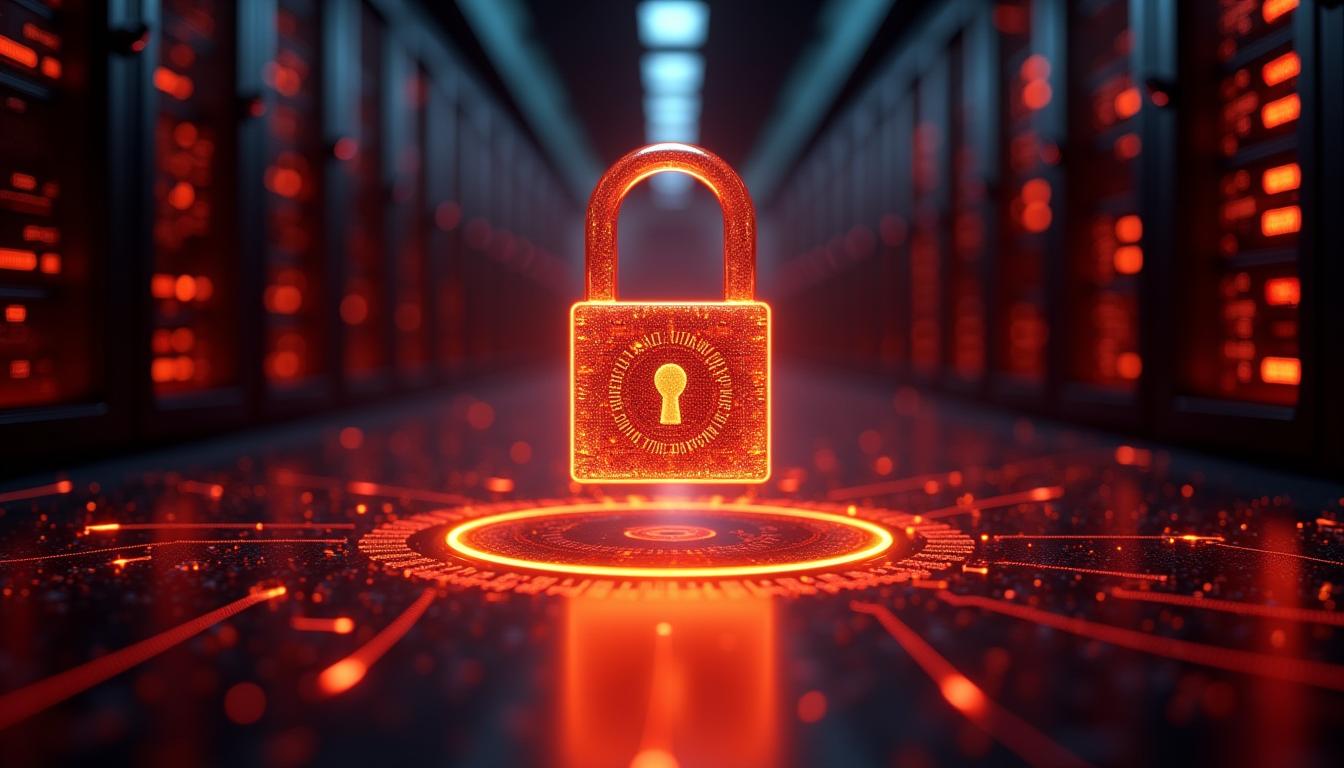Is Your Customer Data Safe? Here’s Why CRM Security Is Critical Now More Than Ever
As businesses increasingly rely on CRM systems to manage customer data, the importance of securing that information has never been greater. From personal customer details to sensitive financial records, a CRM contains valuable information that, if compromised, can have serious consequences. In today’s digital landscape, data breaches and cyber-attacks are on the rise, making CRM security a top priority for businesses of all sizes.
In this newsletter, we’ll explore why CRM data security matters more than ever and what steps you can take to protect your business and your customers.
1. Protecting Sensitive Customer Information
The Importance of Customer Trust:
Your CRM stores a vast amount of personal customer data, including names, addresses, contact details, and even financial information. In the event of a data breach, this sensitive information can fall into the wrong hands, leading to identity theft, fraud, and legal issues. Beyond the immediate financial impact, a breach can severely damage your reputation and erode the trust your customers have in your business.
How CRM Security Protects You:
- Encryption: Strong encryption ensures that even if data is intercepted, it remains unreadable to unauthorized users.
- Access Controls: By implementing strict access controls, only authorized personnel can view or modify sensitive data, minimizing the risk of internal threats.
Outcome:
Securing your CRM is vital for maintaining customer trust and protecting their privacy.
2. Compliance with Data Protection Regulations
Why Compliance Is Non-Negotiable:
With the introduction of stringent data protection regulations like GDPR (General Data Protection Regulation) and CCPA (California Consumer Privacy Act), businesses are legally required to safeguard customer data. Non-compliance can result in hefty fines, legal battles, and reputational damage. A secure CRM system helps ensure that your business complies with these regulations, protecting both your customers and your business.
CRM Features for Compliance:
- Data Retention Policies: Implement automatic deletion of customer data after a set period to comply with legal data retention requirements.
- Audit Trails: Maintain detailed logs of who accessed, modified, or deleted customer data, ensuring transparency and accountability.
Result:
Compliance with data protection laws not only prevents legal penalties but also reinforces your commitment to protecting customer data.
3. Preventing Data Breaches and Cyber Attacks
The Growing Threat of Cybercrime:
Cyber-attacks, including phishing, ransomware, and hacking, are becoming more sophisticated and frequent. Your CRM is a valuable target because it holds extensive customer information, which can be exploited for malicious purposes. A data breach can disrupt business operations, lead to financial losses, and require costly recovery efforts.
CRM Security Measures:
- Regular Security Updates: Ensure your CRM software is updated with the latest security patches to protect against vulnerabilities.
- Multi-Factor Authentication (MFA): MFA adds an additional layer of protection by requiring users to verify their identity using multiple methods, such as passwords and mobile codes.
Impact:
A secure CRM system helps defend your business from cyber-attacks, keeping your operations running smoothly and safeguarding your customer data.
4. Enhancing Customer Confidence and Loyalty
Data Security as a Competitive Advantage:
In an era where data breaches make headlines, customers are increasingly concerned about how businesses handle their personal information. By prioritizing CRM security, you can position your company as a trustworthy, responsible brand that values customer privacy.
Key Benefits of Enhanced Security:
- Increased Customer Loyalty: Customers are more likely to stay with businesses they trust to protect their data.
- Brand Reputation: A secure CRM reduces the risk of negative publicity that can follow a data breach, safeguarding your brand’s image.
Result:
Prioritizing data security not only protects your business but also fosters stronger, long-lasting customer relationships.
5. Reducing Internal Threats
Why Internal Security Is Just as Important:
While external threats like hackers receive a lot of attention, internal threats from employees can be equally dangerous. Whether intentional or accidental, employees can compromise sensitive data if appropriate safeguards are not in place. Securing your CRM with role-based access controls, user activity tracking, and permissions ensures that employees only have access to the data they need for their job.
Internal Security Measures in CRM:
- Role-Based Access: Limit access to sensitive data based on employee roles and responsibilities, ensuring that only authorized personnel can view or edit certain information.
- User Activity Monitoring: Track all user activity within the CRM to detect any suspicious behavior or unauthorized access attempts.
Outcome:
By reducing internal risks, you create a safer and more controlled data environment.
Conclusion: Protecting Your Business with Secure CRM Practices
In today’s increasingly digital business environment, securing your CRM data is not optional—it’s a necessity. From protecting sensitive customer information to complying with legal regulations and preventing cyber-attacks, a secure CRM helps safeguard your business from multiple threats.
Looking for a CRM that prioritizes data security?
At VirgoSix CRM, we offer advanced security features designed to protect your valuable customer data. From encryption to access control and multi-factor authentication, our CRM solutions are built with security in mind.
Don’t wait until it’s too late. Contact VirgoSix CRM today and discover how we can help you keep your business and customer data safe.
With CRM data security more important than ever, now is the time to take action and protect what matters most—your customers and your business.




Permalink
Permalink